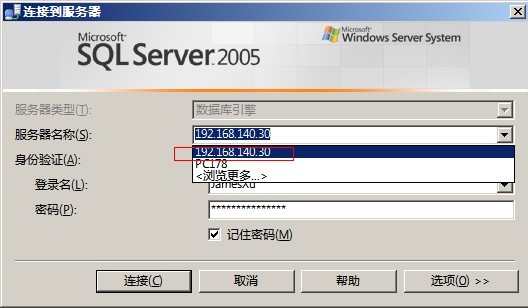MySQL”海量数据”查询性能分析
最近做了一次MySQL所谓的”海量数据”查询性能分析.
表结构
| dt | dt2 | dt3 | it | it2 | it3 | |
| id | id | id | id | id | id | int PK |
| ext1 | ext1 | varchar(256) | ||||
| time | time | time | time | time | time | int/datetime KEY |
| ext2 | ext2 | ext2 | ext2 | varchar(128) |
说明, MyISAM引擎, dt表示时间字段使用datetime类型, it表示时间字段使用int类型.
初始数据
首先生成100K个UNIX时间戳(int), 然后随机选取10M次, 每一次往6个表里插入一条记录(当time字段是datetime类型时, 做类型转换). 所以每一个表都有10M条记录. ext1和ext2字段会用随机的字符串填充.
SQL查询
使用的查询SQL语句如:
select SQL_NO_CACHE count(*) from it where time>10000; select SQL_NO_CACHE count(*) from dt where time>from_unixtime(10000); select SQL_NO_CACHE * from it where time>10000 order by time limit 1; select SQL_NO_CACHE * from it use key(PRIMARY) where time>10000 order by id limit 1;
SQL_NO_CACHE用于消除查询结果缓存的影响. use key用于指定查询时使用的索引. 统计每一条SQL的执行时间(单位s)和满足WHERE条件的记录总数(total), it-tm表示在dt表上执行SQL的耗时, 并explain得到key和extra, 结果如下.
| where | total | select | orderby | key | it-tm | dt-tm | it2-tm | dt2-tm | it3-tm | dt3-tm | extra |
| time>10000 | 8999050 | count(*) | time | 3.52 | 4.28 | 3.74 | 4.49 | 3.53 | 4.47 | where; index | |
| count(time) | time | 3.44 | 4.00 | 3.69 | 4.36 | 3.56 | 4.26 | where; index | |||
| count(id) | NULL | 1.44 | 1.92 | 4.30 | 4.60 | 4.79 | 4.98 | where | |||
| * | time | time | 0.00 | 0.00 | 0.00 | 0.00 | 0.00 | 0.00 | where | ||
| * | id | time | 14.81 | 15.38 | 19.37 | 20.30 | 20.94 | 21.42 | where; filesort | ||
| * | id | PK | 0.00 | 0.03 | 0.00 | 0.02 | 0.00 | 0.04 | where | ||
| time>50000 | 4987990 | count(*) | 1.90 | 2.36 | 2.02 | 2.41 | 1.99 | 2.42 | |||
| count(time) | 1.90 | 2.23 | 2.01 | 2.32 | 1.96 | 2.29 | |||||
| count(id) | 1.48 | 1.91 | 4.25 | 4.61 | 4.80 | 5.12 | |||||
| * | time | 0.00 | 0.0 上一个:6个有用的MySQL语句
CopyRight © 2022 站长资源库 编程知识问答 zzzyk.com All Rights Reserved
部分文章来自网络, |




